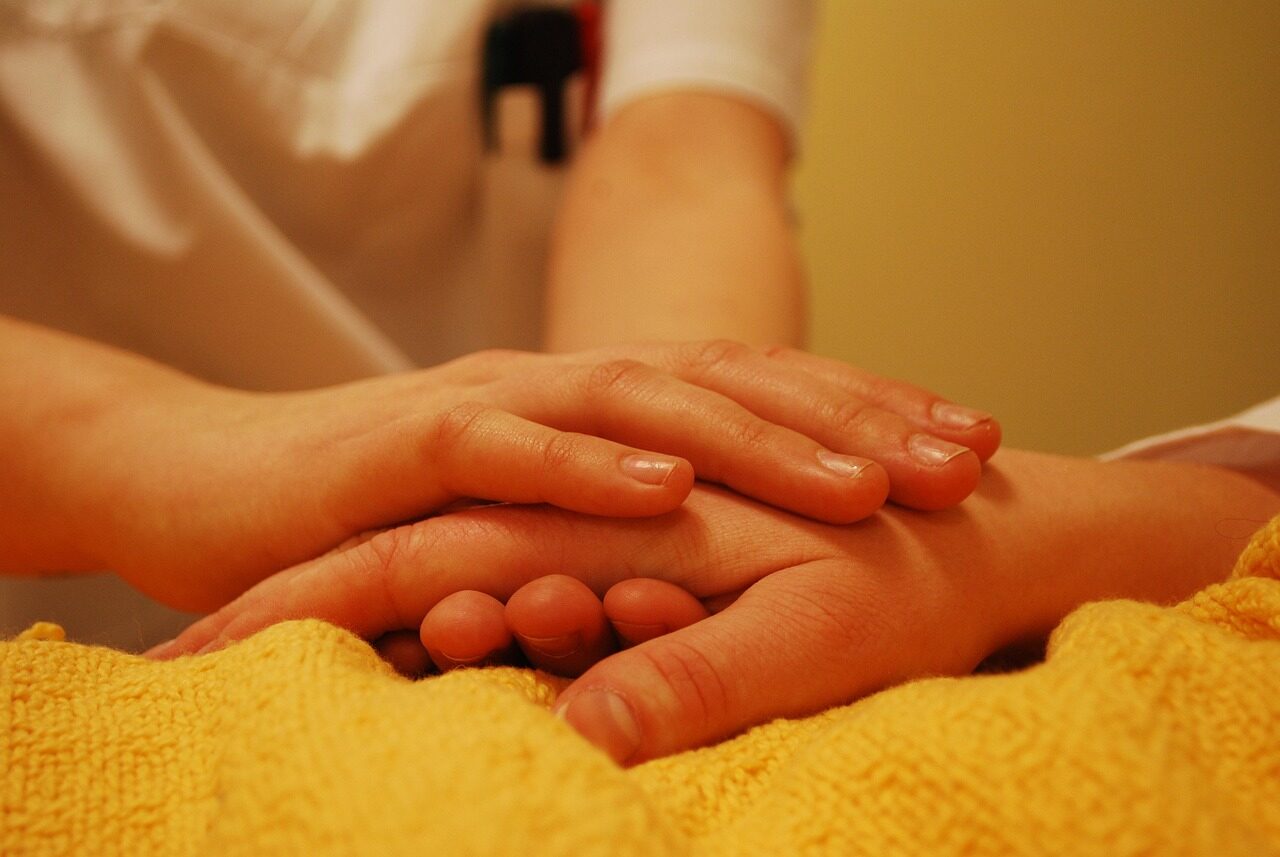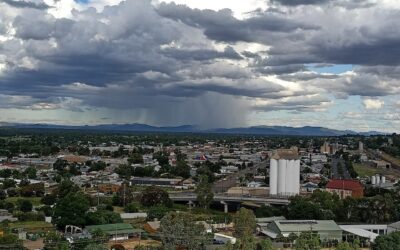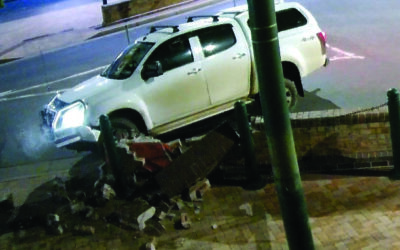Rural and regional health advocates are calling on government and health providers to boost social prescribing in non-metropolitan parts of Australia, like Gunnedah.
Social prescribing involves health professionals, including GPs, supporting patients to consider and take up non-medical activities to supplement other types of care and treatment, such as joining a community group or trying a new hobby.
The chair of the Royal Australian College of GPs Specific Interest Group for Social Prescribing, which commenced in 2022, and Kirra-based GP, Dr Kuljit Singh, said that social prescribing is beneficial for many patients.
“Many GPs across Australia are embracing social prescribing because it delivers positive health outcomes and helps people improve self-care,” she said. “Key risks factors for poor health, including chronic illness and mental health issues, include social isolation, a lack of activity, and a lack of connection with others. One study found that lacking social connection is as dangerous as smoking up to 15 cigarettes a day.
“Social prescribing is valuable for many patients living in rural and remote areas, especially when you consider demographic factors at play. We know that communities outside of major cities have a higher percentage of older people, who can be more likely to experience social isolation. Studies show that factors such as geographic isolation, limited access to health and social services, and a lack of transport mean that rural older adults often lack social support and experience more loneliness. This results in them being at higher risk of health issues and more reliant on health services, which may be more limited than if they lived in a city.
“As a GP, I’ve seen many older patients experiencing social isolation and the impact that this has on their health and sense of wellbeing.
Dr Singh said that with greater support and collaboration, social prescribing could have an even larger impact.
To order photos from this page click here



